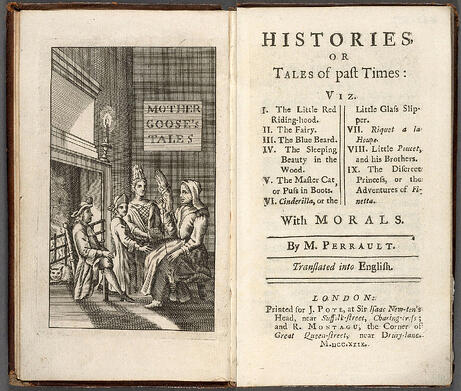Composed 1908-10): 15 minutes
French composer Maurice Ravel completed his suite Ma mère l’oye (Mother Goose) for piano, four hands in 1910. It had been a difficult time, following the death of his father two years earlier. Support came from the Godebskis, a Polish family, friends of his father. Ravel had written a piano duet Pavane de la Belle au bois dormant (Pavane of the Sleeping Beauty) for the two Godebski children, Jean and Mimie, aged 8 and 10, shortly before his father died. Now, staying with the Godebskis near Fontainebleau, encouraged by his publisher Jacques Durand who had heard the children play the Pavane, Ravel set to work on four more movements. Three (Nos. 2-4) were based on fairy tales from 17th and 18th century French folklore, following the Pavane which was based on a groundbreaking small volume of French folk tales called Mother Goose by Charles Perrault, published in 1697. The fifth piece, Le jardin féerique (The enchanted Garden), was a story that came from Ravel’s rich imagination.
“My intention of awaking the poetry of childhood in these pieces,” Ravel said of his five-movement Suite, “naturally led me to simplify my style and thin out my writing.” The brief, melancholy Pavane of the Sleeping Beauty leads to Hop-o’-my-thumb, lost deep in the forest, portrayed by wandering parallel, chromatic lines and mysterious bird calls. Little Ugly, Empress of the Pagodas brings exotic music from the East, a little reminiscent of Debussy’s Estampes, multi-textured and with muted tones. The graceful, Satie-like waltz depicting Beauty contrasts and eventually converses with the cumbersome growls of the Beast. Then, the innocence and charm of The Fairy Garden, quite without Ravel’s customary irony, returns us to the simplicity of the opening.

Early English translation of Charles Perrault’s 1697 collection Mother Goose.